
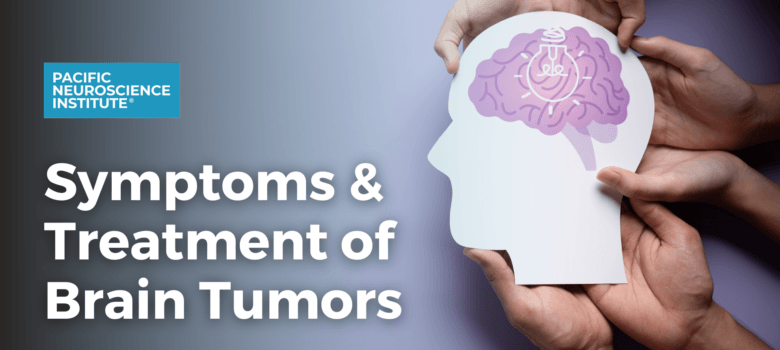
Symptoms & Treatment of Brain Tumors
by Brianna Rauchman
Neuro-oncologist, Akanksha Sharma, MD, explains common symptoms of brain tumors and highlights the wide range of medical specialties that provide accessible brain tumor treatments. Plus, discover how Pacific Neuroscience Institute (PNI) supports the brain tumor community.
Brain tumors are uncommon, impacting only 1% of the population. However, brain cancer stands as the 10th major contributor to cancer-related fatalities across all age groups, demographics, and genders.
Understanding your risk for a brain tumor, as well as the facts, symptoms, and available treatment, can help ensure the livelihood of yourself and your loved ones.
Common Symptoms of Brain Tumors
Symptoms of a brain tumor vary based on its location. Both benign and malignant brain tumors may present similar symptoms. Therefore, it is crucial to seek medical attention promptly if you experience any of the following symptoms:
- Headaches
- Nausea or vomiting
- Seizure
- Weakness or numbness in areas such as the arms, legs, or face
- Behavior and personality changes
- Blurry vision
- Speech and hearing problems
- Paralysis
- Other neurologic impairment
Note: Headache is one of the most common symptom of a brain tumor, and may be caused by brain swelling and bleeding, as well as pressure from a tumor pressing on the brain. Headaches are most common in the morning among brain cancer patients.
How common are brain tumors?
Brain tumors impact 700,000 people in the United States at any given time. This year alone, there will be 90,000 new diagnoses, 71% of which will be non-cancerous or benign, and 29% of which will be cancerous.
What is the difference between a benign brain tumor and a malignant brain tumor?
Benign brain tumors are non-cancerous growths that do not spread to other parts of the body. They typically have well-defined borders and are often considered less aggressive than malignant brain tumors. On the other hand, malignant brain tumors are cancerous growths that can invade surrounding tissues. The relative survival rate for individuals living with a malignant brain tumor is approximately 35.7%, indicating the percentage of people who are still alive after a certain period of time following diagnosis.
Are brain tumors common in children?
In children under fourteen years of age, brain tumors are the leading cause of death by cancer, accounting for nearly 4,000 new diagnoses annually in the United States.
Brain tumors are the most common solid tumors in children. Approximately 4,000 children and adolescents in the US are diagnosed with primary brain tumors each year. Primary brain tumors start in the brain and generally do not spread outside the brain tissue. Most central nervous system cancers are brain tumors. In children under the age of fourteen, brain tumors are the leading cause of death by cancer.
Celebrating the Brain Tumor Community at PNI
During Brain Tumor Awareness Month in May, Pacific Neuroscience Institute (PNI) supported the brain tumor community through virtual and in-person events focused on gratitude, wellness and mindfulness. Webinars provided by expert life coaches, Project Ronin, Saint John’s Cancer Support Services, as well as patients living with brain tumors offered valuable resources for navigating a challenging diagnosis and coping with traumatic loss.
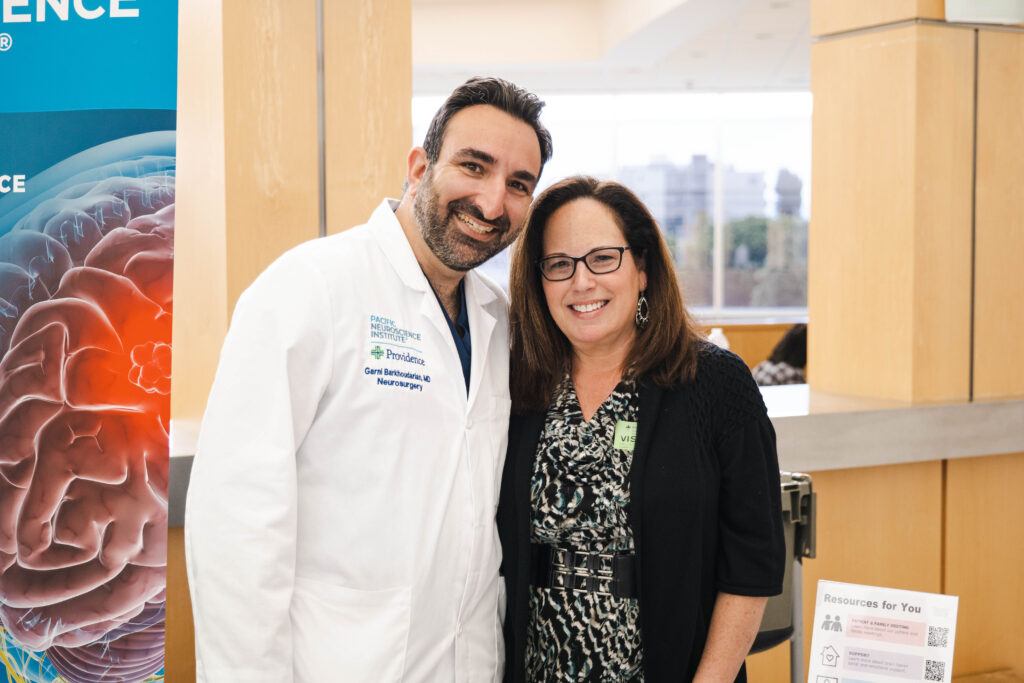
Santana from the American Brain Tumor Association (ABTA).
To conclude Brain Tumor Awareness Month at PNI, neurosurgeons and cancer support specialists gathered with the brain tumor community at Providence Saint John’s Health Center in Santa Monica on Wednesday, May 31st, 2023. The day was filled with festivities and celebrations, culminating in a walk around the hospital. The event, which was sponsored by Providence Saint John’s Health Center and Saint John’s Cancer Support Services, brought together individuals dedicated to raising awareness and supporting those affected by brain tumors.
Brain Tumor Awareness Day: Special Guests
Kicking off the Brain Tumor Awareness Day Walk, Director of Neuro-oncology Santosh Kesari, MD, PhD, gave opening remarks on the resiliency of the brain tumor community, followed by meaningful speeches from Neuro-oncologist, Akanksha Sharma, MD, Director of Psycho-oncology, Shanthi Gowrinathan, MD, and Senior Content Writer at Thrive Global, Elaine Lipworth.

a supportive guide for those dealing with traumatic loss.
To celebrate the resiliency of the brain tumor community, celebrity reporter Maria Quiban joined Brain Tumor Awareness Day to sign and distribute copies of her book You Can’t Do It Alone, highlighting how she coped with grief after her husband Sean passed from glioblastoma, an aggressive form of brain cancer.
Also in attendance was the American Brain Tumor Association (ABTA), the largest non-profit organization in the United States dedicated to providing support services and programs to brain tumor patients. The booth was staffed by Wendy Santana, a brain tumor survivor, patient advocate, and blogger, whose stories about coping with brain cancer have helped numerous survivors feel celebrated, seen, and heard.
Brain Tumor Treatment at PNI
At PNI, our brain tumor team specializes in helping patients to maximize their time and quality of life by aligning treatment with patient goals. We prioritize careful symptom assessment and management, as well as support for the patient’s care partners and loved ones.
Our brain tumor team provides a unique combination of highly specialized and experienced medical professionals, leading-edge technology, and a personalized, compassionate approach that puts our patients first.
We are dedicated to providing state-of-the-art care with a focus on minimally invasive surgical and interventional techniques, in addition to novel targeted therapies that aim to restore and maintain quality of life.
Advanced Treatment Options for Brain Tumors
In collaboration with the Saint John’s Cancer Institute, PNI focuses on translational research and clinical trials, as well as fellowship education and continuing medical education. Our physicians work side by side with our scientists to formulate real-time personalized treatments and therapies for our patients ensuring that they are receiving the highest and most advanced levels of care.

and Director of Psycho-oncology Shanthi Gowrinathan, MD.
We aim to provide targeted therapies and advanced treatment options patients may not have elsewhere. Clinical trials, research, and tumor genomic sequencing are essential tools in understanding and treating brain cancer.
We are committed to improving the lives of patients with primary and metastatic brain cancers, as well as other aggressive brain, skull base, and pituitary tumors. In addition, family caregiver quality of life and outcomes research in the brain cancer setting continues to be an area of study.
Pacific Brain Tumor Center
The Pacific Brain Tumor Center is dedicated to providing comprehensive treatment and supportive care for brain tumor patients and their families.
If you or someone you care for has been recently diagnosed with a brain or skull base tumor (benign or malignant) there’s time for you to get another viewpoint. We’ll provide a rapid review of your medical records and imaging and give you our unique perspective on the optimal treatment pathway.
More information: 310-582-7450
Useful Links:
- Pacific Brain Tumor Center
- Brain Tumor Resources
- Find a Doctor
- Supportive Care Clinic
- Brain Tumor Treatment Locations
Brain Tumor Videos
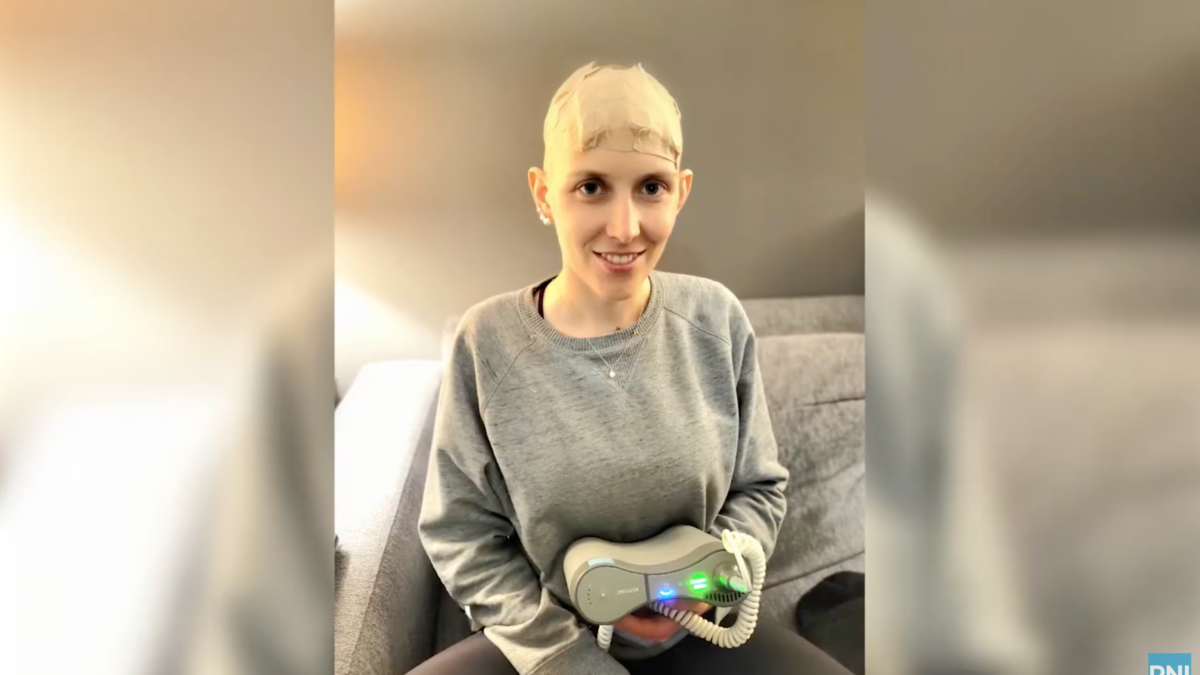 Brain Tumor Webinar: Living with Optune (Tumor Treating Fields) for Glioblastoma
Guest Speaker Janice discusses what is it like to live with Optune (Tumor Treating Fields) for glioblastoma. The webinar was hosted by Akanksha Sharma, MD, Neuro-oncologist at the Pacific Brain…
Brain Tumor Webinar: Living with Optune (Tumor Treating Fields) for Glioblastoma
Guest Speaker Janice discusses what is it like to live with Optune (Tumor Treating Fields) for glioblastoma. The webinar was hosted by Akanksha Sharma, MD, Neuro-oncologist at the Pacific Brain…
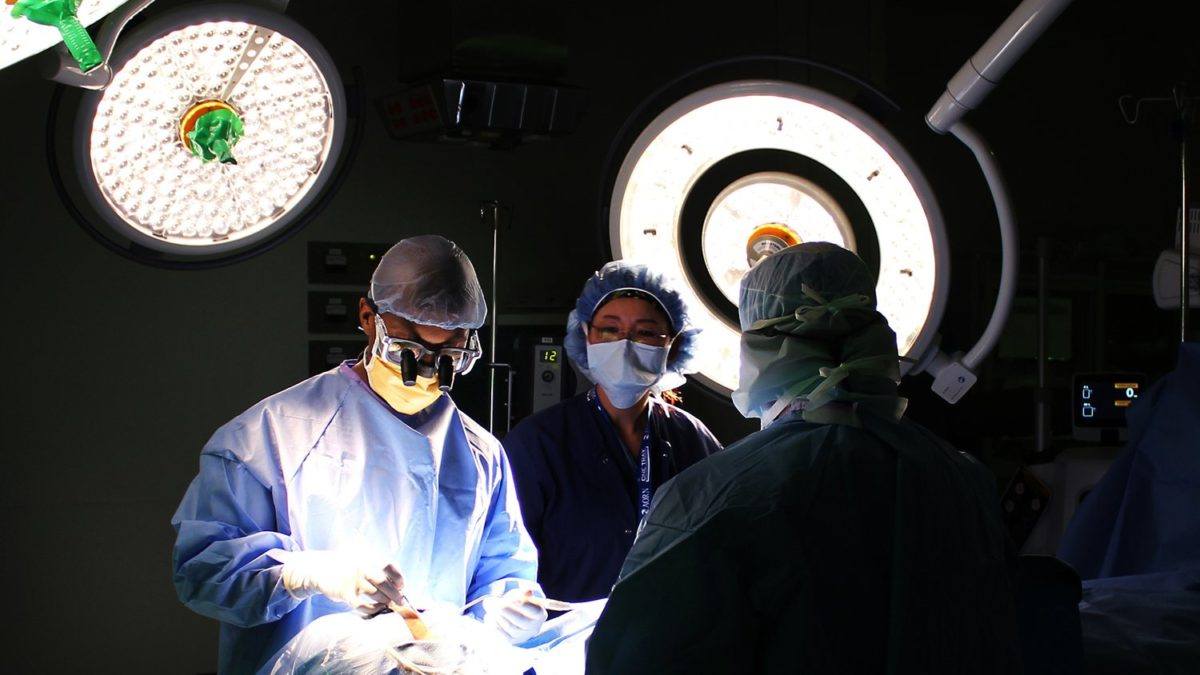 Brain Tumor Treatment at Pacific Neuroscience Institute
Brain Tumor Treatment at Pacific Neuroscience Institute
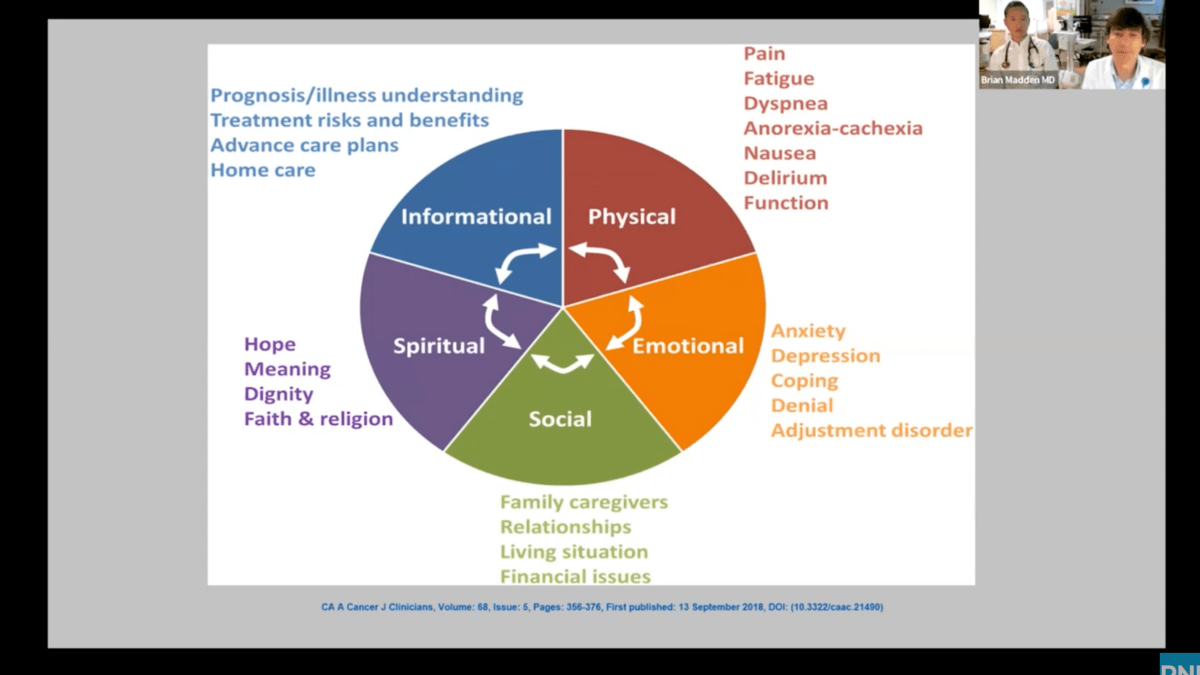 Brain Tumor Webinar: What To Expect From Palliative and Supportive Care
Pacific Neuroscience Institute hosted guest speakers Brian D. Madden, MD, and Andre J. Yu, MD, at Providence Saint John’s Health Center to discuss what to expect if you have been…
Brain Tumor Webinar: What To Expect From Palliative and Supportive Care
Pacific Neuroscience Institute hosted guest speakers Brian D. Madden, MD, and Andre J. Yu, MD, at Providence Saint John’s Health Center to discuss what to expect if you have been…
 Brain Tumor Webinar: Ask Anything – Neurosurgery, Radiation Oncology and Medical Oncology
Pacific Neuroscience Institute’s Brain Tumor Center experts Garni Barkhoudarian, MD, Neurosurgeon, and Robert Wollman, MD, Radiation Oncologist, answer questions about neurosurgery, radiation oncology, and medical oncology, and their role in…
Brain Tumor Webinar: Ask Anything – Neurosurgery, Radiation Oncology and Medical Oncology
Pacific Neuroscience Institute’s Brain Tumor Center experts Garni Barkhoudarian, MD, Neurosurgeon, and Robert Wollman, MD, Radiation Oncologist, answer questions about neurosurgery, radiation oncology, and medical oncology, and their role in…
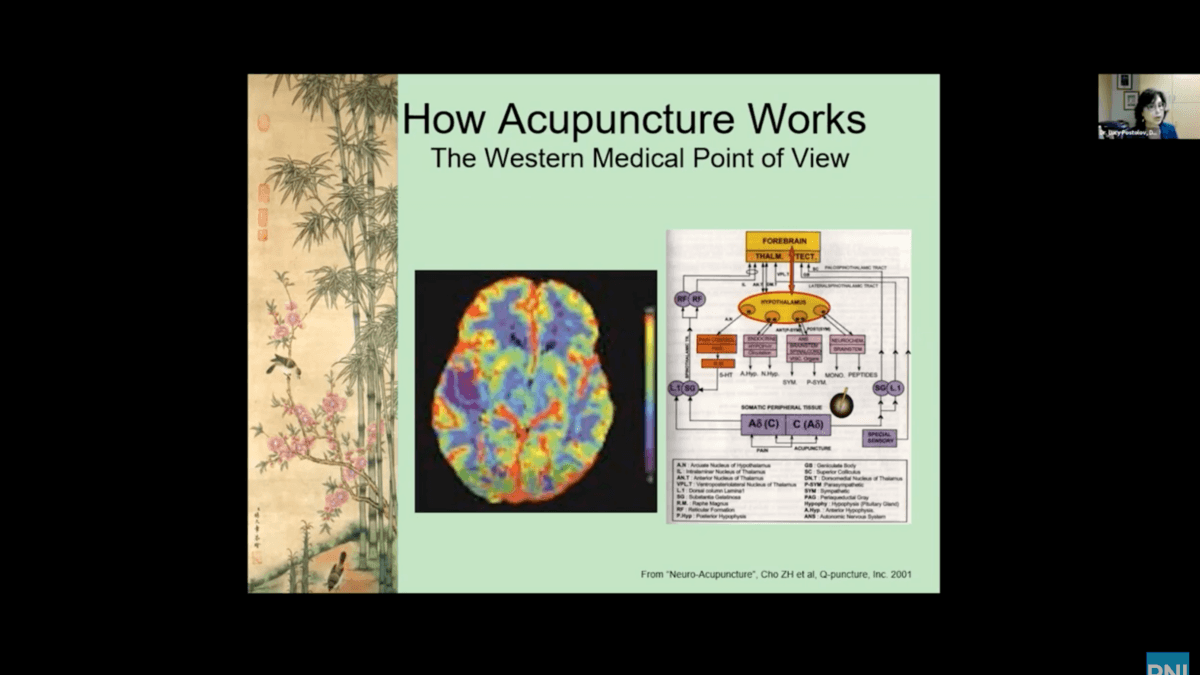 Brain Tumor Webinar: Acupuncture & Integrative Medicine – Support System for Brain Tumor Treatment
Pacific Neuroscience Institute hosted guest speaker Lucy Postolov, Doctor of Acupuncture and Chinese Medicine, DACM, L.Ac., to discuss acupuncture and integrative medicine as a support system for brain tumor treatment.…
Brain Tumor Webinar: Acupuncture & Integrative Medicine – Support System for Brain Tumor Treatment
Pacific Neuroscience Institute hosted guest speaker Lucy Postolov, Doctor of Acupuncture and Chinese Medicine, DACM, L.Ac., to discuss acupuncture and integrative medicine as a support system for brain tumor treatment.…
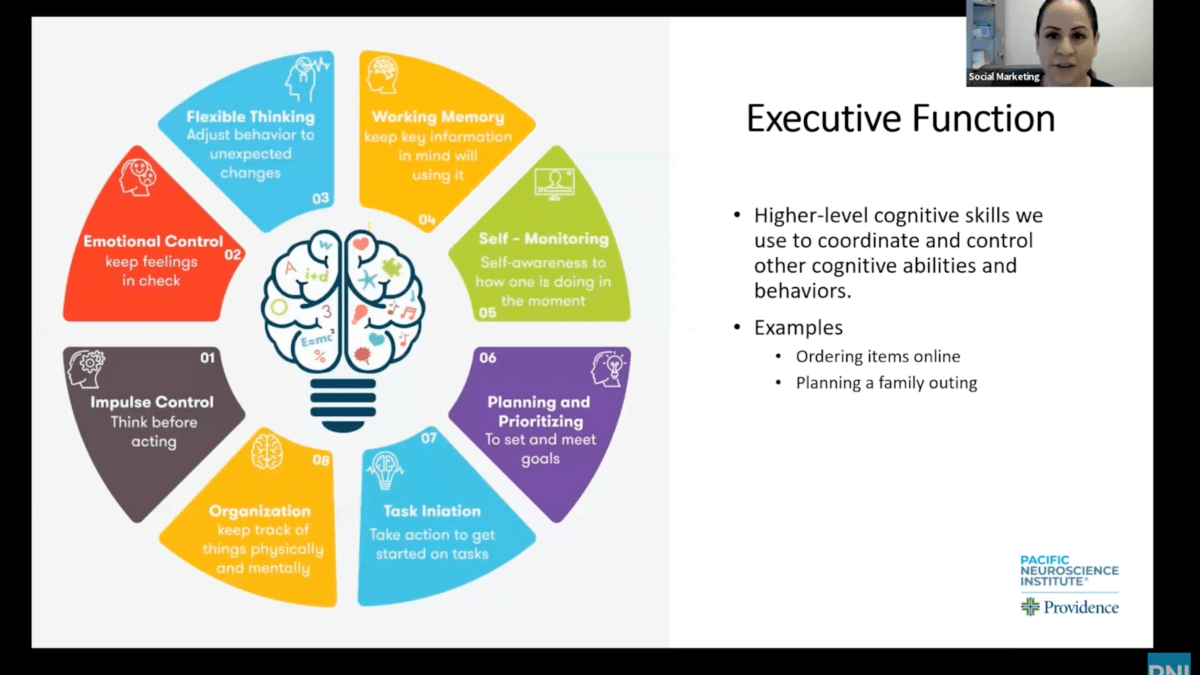 Brain Tumor Webinar: Cognitive Changes in Patients With Brain Tumors
Romina Huerta, MS, CCC-SLP, Speech-Language Pathologist at Pacific Neuroscience Institute, discusses cognitive changes in patients with brain tumors. May is Brain Tumor Awareness Month. We “Go Gray in May” and…
Brain Tumor Webinar: Cognitive Changes in Patients With Brain Tumors
Romina Huerta, MS, CCC-SLP, Speech-Language Pathologist at Pacific Neuroscience Institute, discusses cognitive changes in patients with brain tumors. May is Brain Tumor Awareness Month. We “Go Gray in May” and…
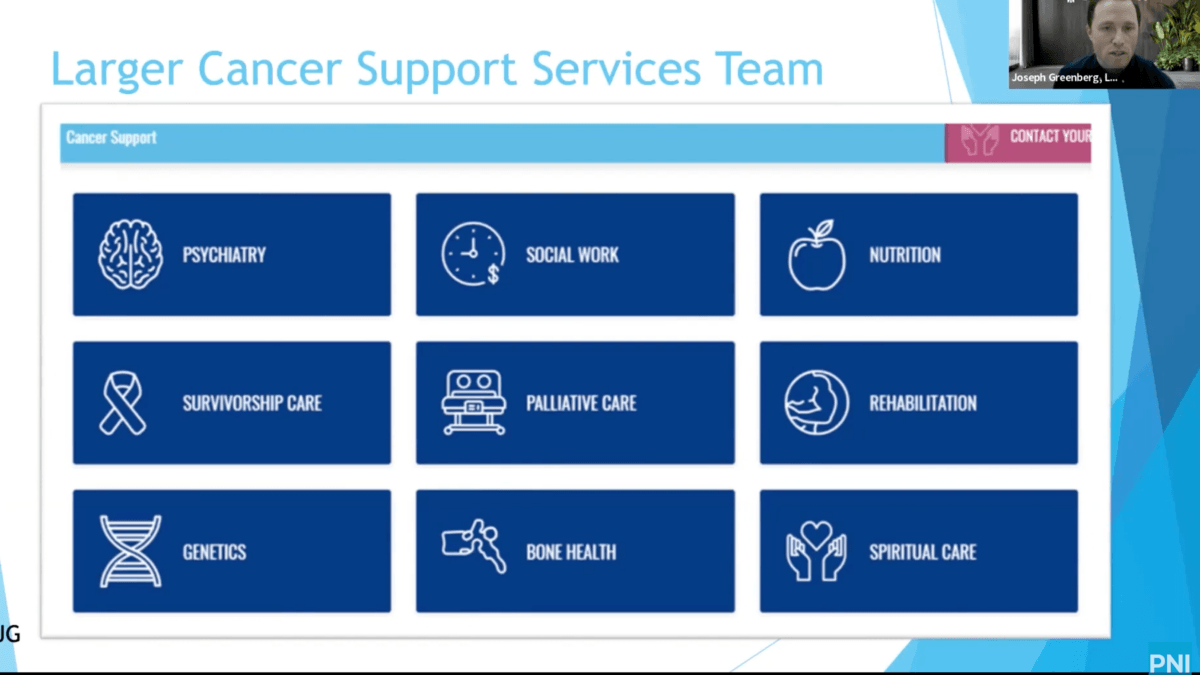 Brain Tumor Webinar: Frequently Used Resources in Cancer
Joseph Greenberg, MSW, LCSW, OSW-c, and Caroline Sarafin, licensed clinical social workers at Providence Saint John’s Health Center, explain frequently used resources in cancer. May is Brain Tumor Awareness Month.…
Brain Tumor Webinar: Frequently Used Resources in Cancer
Joseph Greenberg, MSW, LCSW, OSW-c, and Caroline Sarafin, licensed clinical social workers at Providence Saint John’s Health Center, explain frequently used resources in cancer. May is Brain Tumor Awareness Month.…
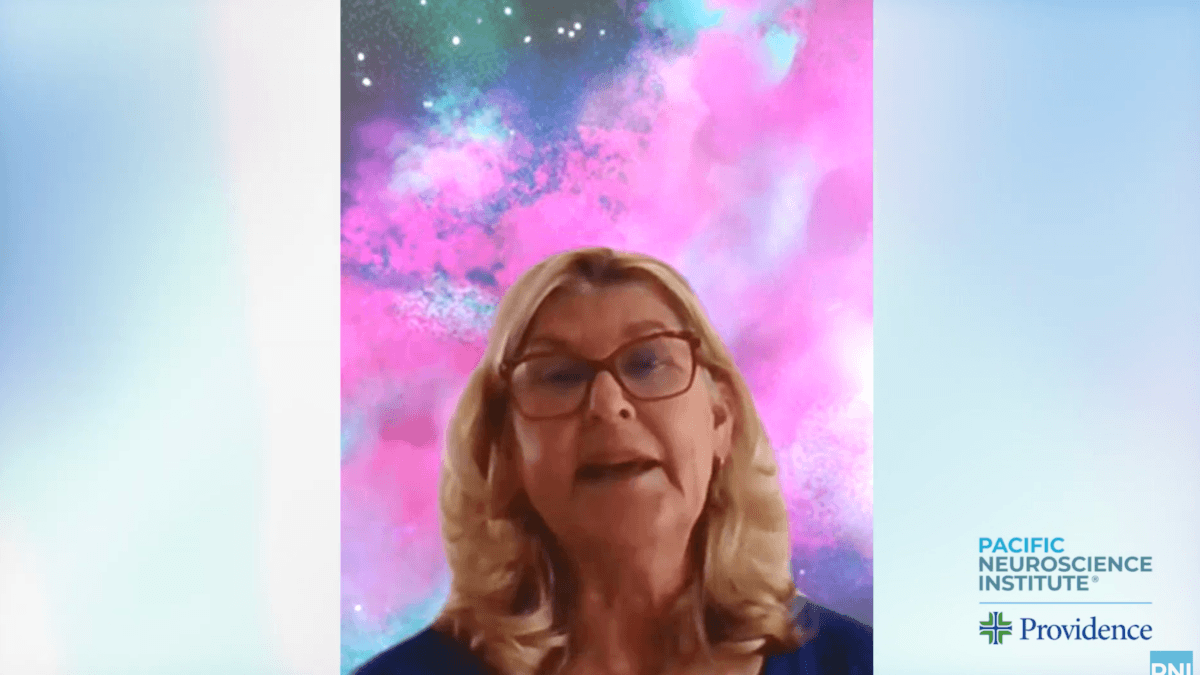 Brain Tumor Webinar: How Energy Touch Can Be Therapeutic
Laurie Fitzgerald, RN, BA, Energy Healing Certified, Touch Therapy, explains how energy touch can be therapeutic in brain tumor care. The webinar was hosted by Theresa Martello, RN, Nurse Navigator,…
Brain Tumor Webinar: How Energy Touch Can Be Therapeutic
Laurie Fitzgerald, RN, BA, Energy Healing Certified, Touch Therapy, explains how energy touch can be therapeutic in brain tumor care. The webinar was hosted by Theresa Martello, RN, Nurse Navigator,…
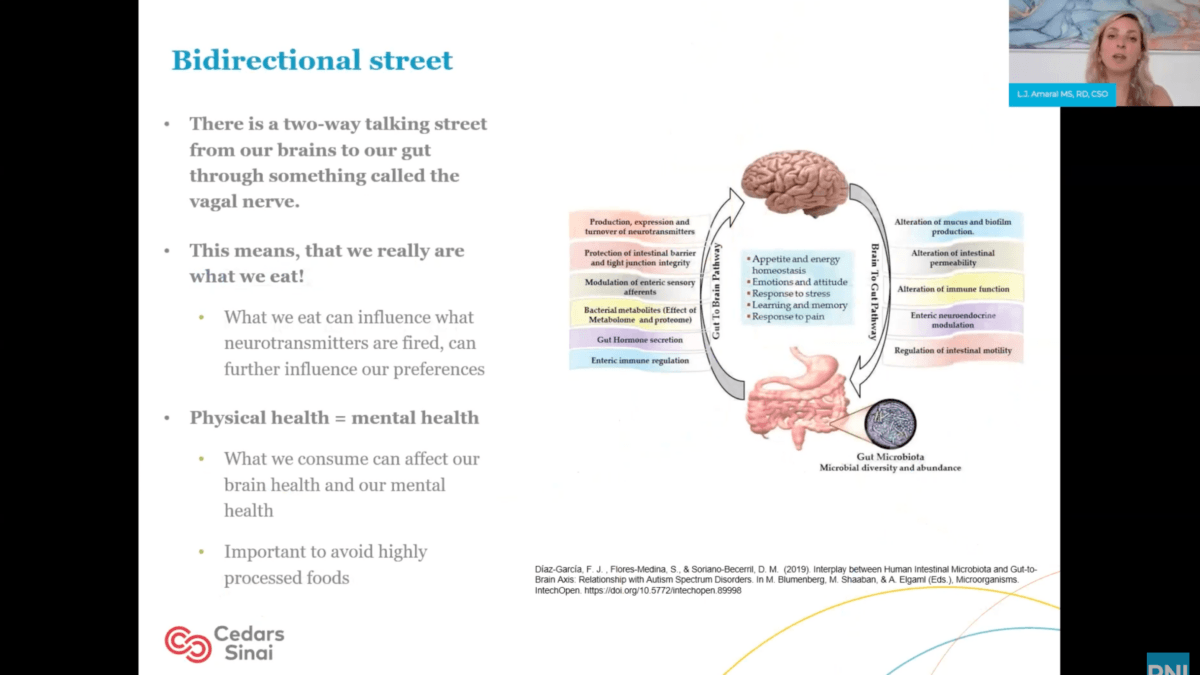 Brain Tumor Webinar: Optimizing Wellness for Brain Tumors
Guest speaker L.J. Amaral MS, RD, CSO, Clinical Nutrition Coordinator at Cedars Sinai, discusses how to optimize wellness for brain tumors using nutrition and exercise. May is Brain Tumor Awareness…
Brain Tumor Webinar: Optimizing Wellness for Brain Tumors
Guest speaker L.J. Amaral MS, RD, CSO, Clinical Nutrition Coordinator at Cedars Sinai, discusses how to optimize wellness for brain tumors using nutrition and exercise. May is Brain Tumor Awareness…
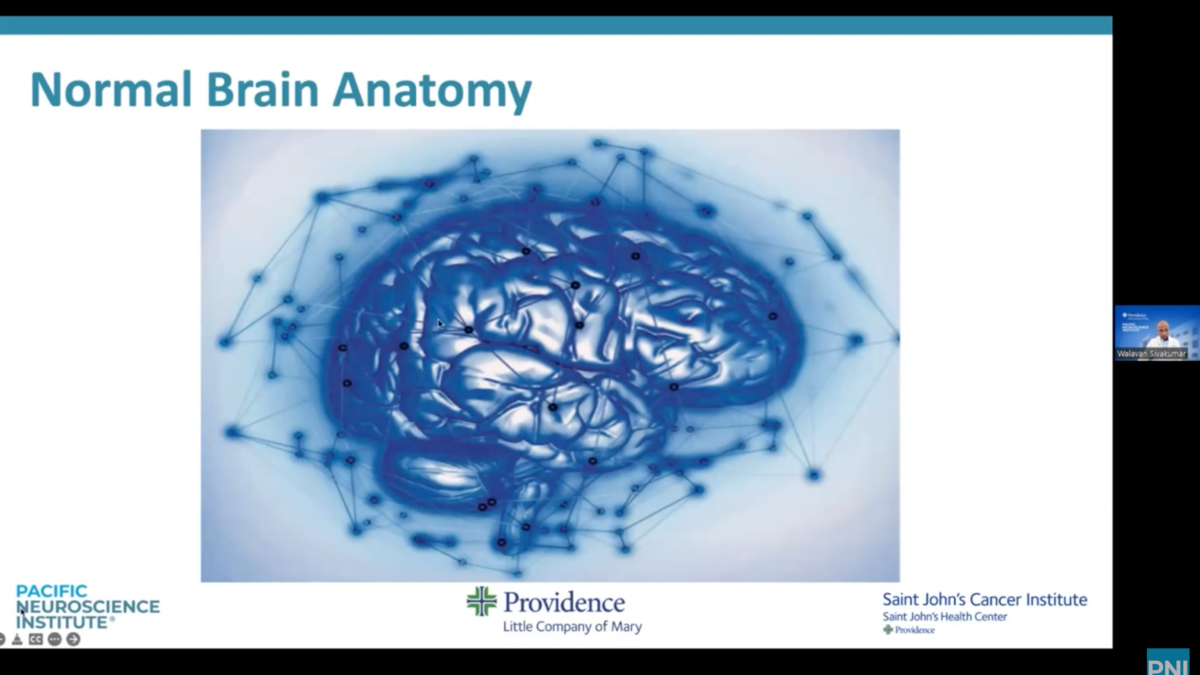 Brain Tumor Webinar: Community Lecture Q&A
Pacific Neuroscience Institute’s Brain Tumor Center experts Walavan Sivakumar, MD, Director of Neurosurgery at (PNI)-South Bay, and Naveed Wagle, MD, Neuro-Oncologist, answer questions about brain tumor treatment in a community…
Brain Tumor Webinar: Community Lecture Q&A
Pacific Neuroscience Institute’s Brain Tumor Center experts Walavan Sivakumar, MD, Director of Neurosurgery at (PNI)-South Bay, and Naveed Wagle, MD, Neuro-Oncologist, answer questions about brain tumor treatment in a community…
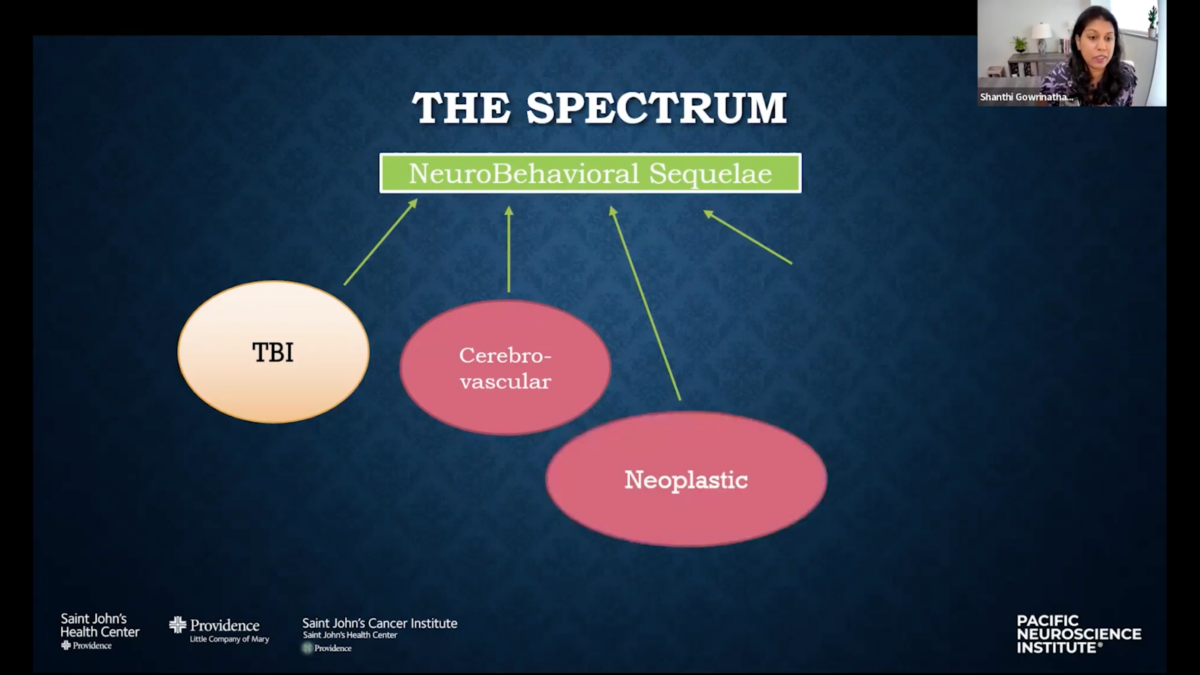 Brain Tumor Webinar: Anxiety, Depression, and Neurological Disease
Shanti Gowrinathan, MD, Director of Psycho-Oncology and Cancer Support Services at Pacific Neuroscience Institute, discusses the relationship between brain tumor treatment, anxiety, depression, and neurological disease. The webinar was hosted…
Brain Tumor Webinar: Anxiety, Depression, and Neurological Disease
Shanti Gowrinathan, MD, Director of Psycho-Oncology and Cancer Support Services at Pacific Neuroscience Institute, discusses the relationship between brain tumor treatment, anxiety, depression, and neurological disease. The webinar was hosted…
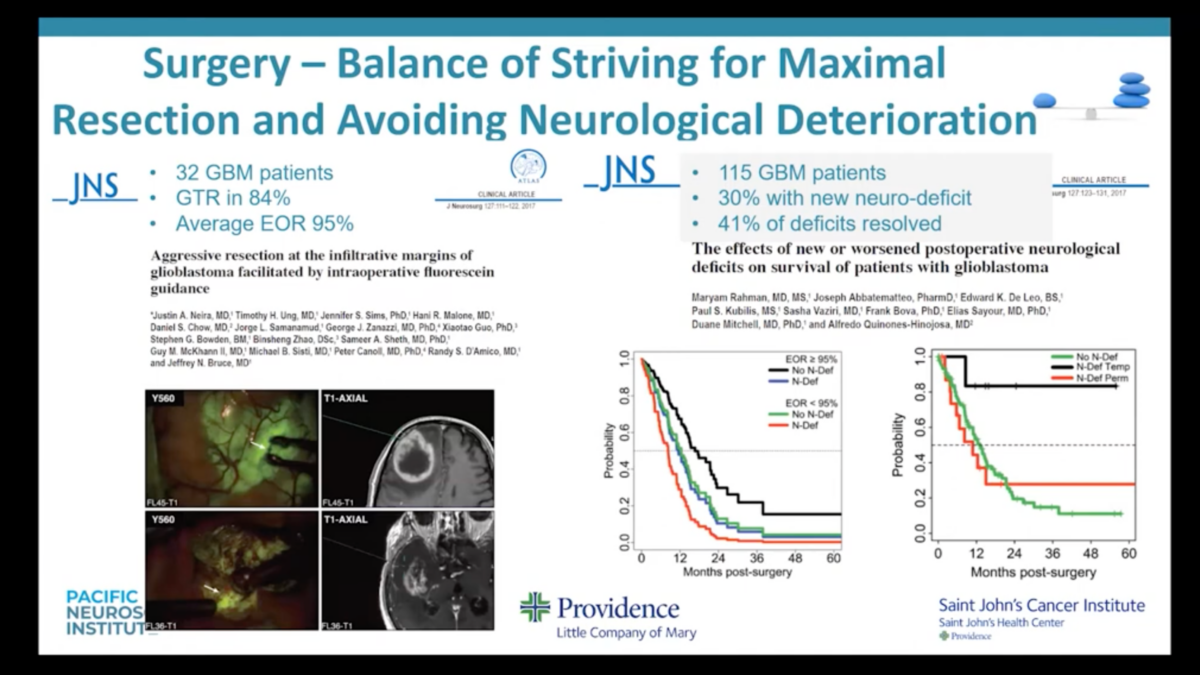 Brain Tumor Webinar: Updates in Brain Tumor Neurosurgery
Pacific Neuroscience Institute’s Brain Tumor Center expert Walavan Sivakumar, MD, discusses updates in brain tumor neurosurgery and answers questions about how to prepare for brain tumor surgery. The webinar was…
Brain Tumor Webinar: Updates in Brain Tumor Neurosurgery
Pacific Neuroscience Institute’s Brain Tumor Center expert Walavan Sivakumar, MD, discusses updates in brain tumor neurosurgery and answers questions about how to prepare for brain tumor surgery. The webinar was…
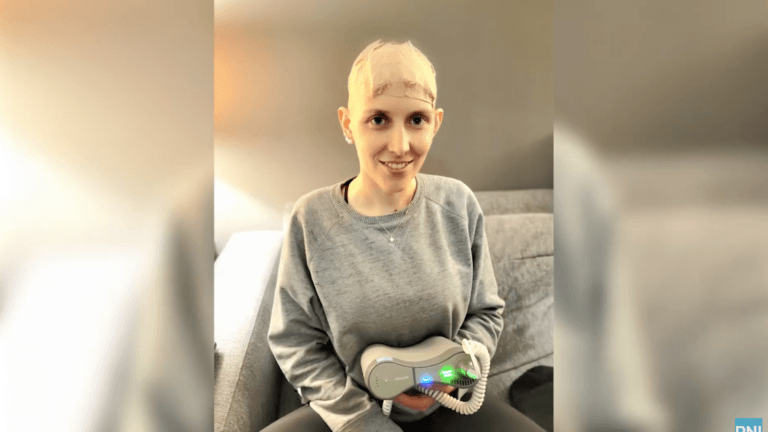
Brain Tumor Webinar: Living with Optune (Tumor Treating Fields) for Glioblastoma
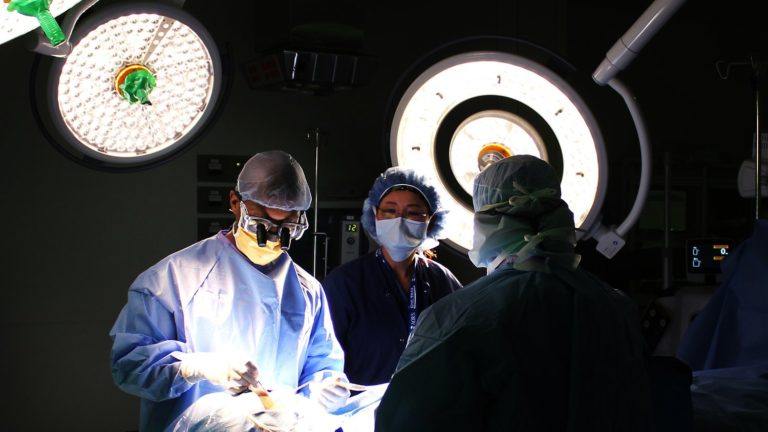
Brain Tumor Treatment at Pacific Neuroscience Institute
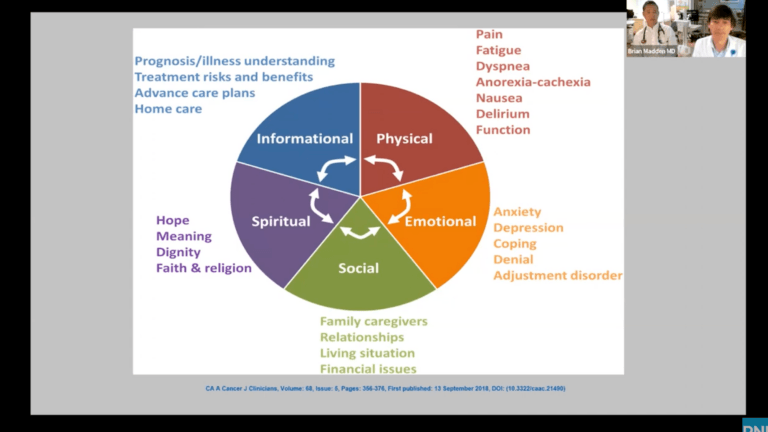
Brain Tumor Webinar: What To Expect From Palliative and Supportive Care

Brain Tumor Webinar: Ask Anything – Neurosurgery, Radiation Oncology and Medical Oncology
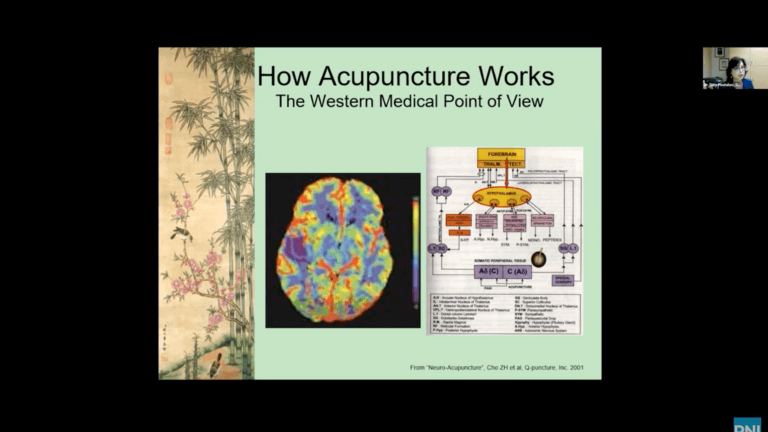
Brain Tumor Webinar: Acupuncture & Integrative Medicine – Support System for Brain Tumor Treatment
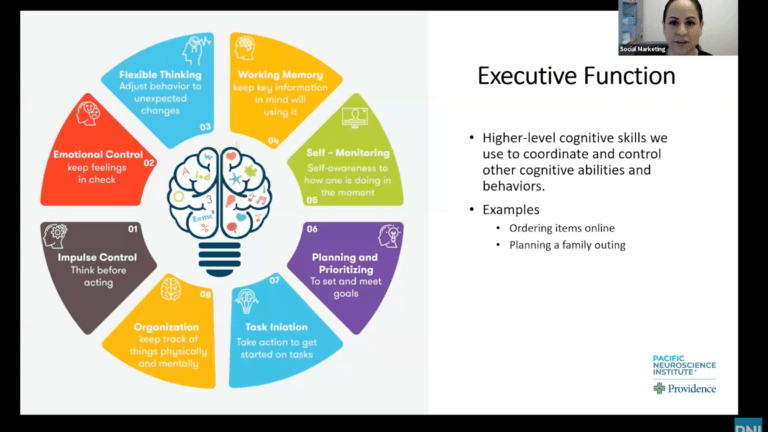
Brain Tumor Webinar: Cognitive Changes in Patients With Brain Tumors
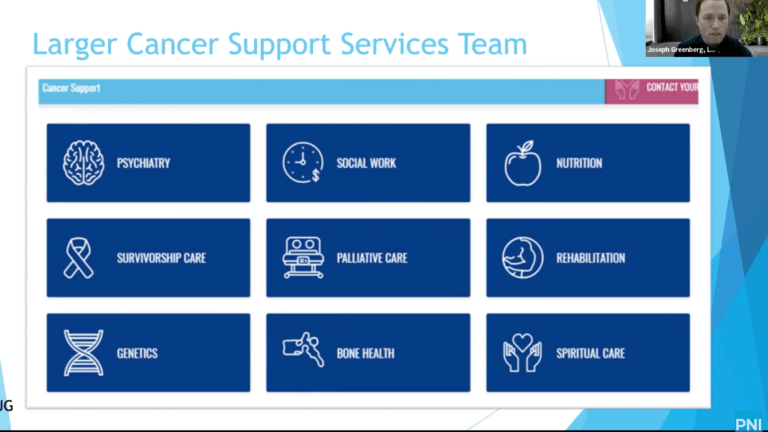
Brain Tumor Webinar: Frequently Used Resources in Cancer
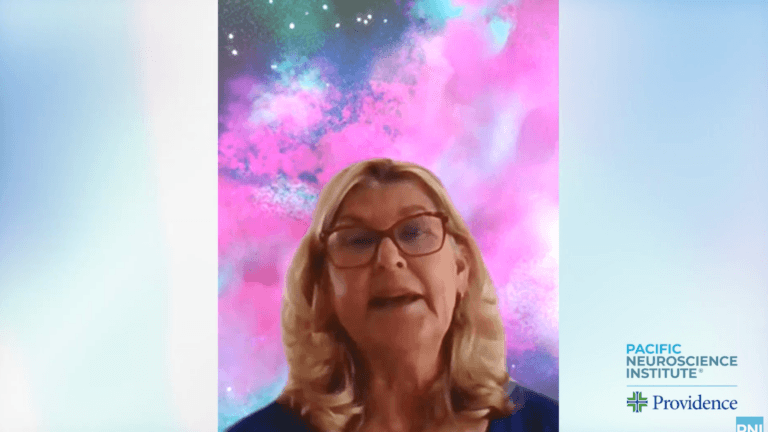
Brain Tumor Webinar: How Energy Touch Can Be Therapeutic
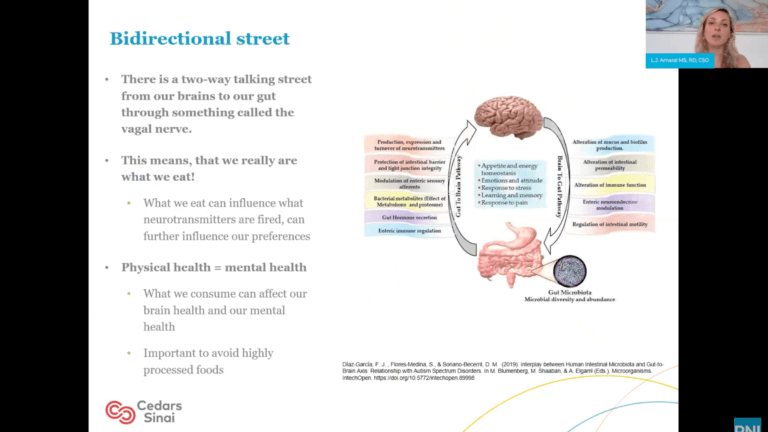
Brain Tumor Webinar: Optimizing Wellness for Brain Tumors
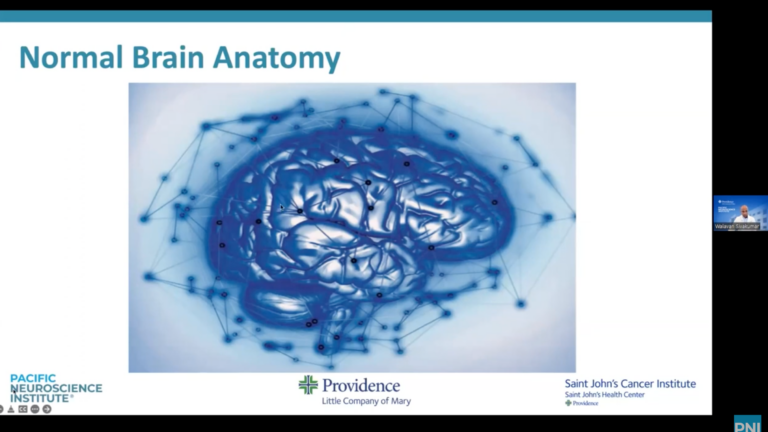
Brain Tumor Webinar: Community Lecture Q&A

Brain Tumor Webinar: Anxiety, Depression, and Neurological Disease
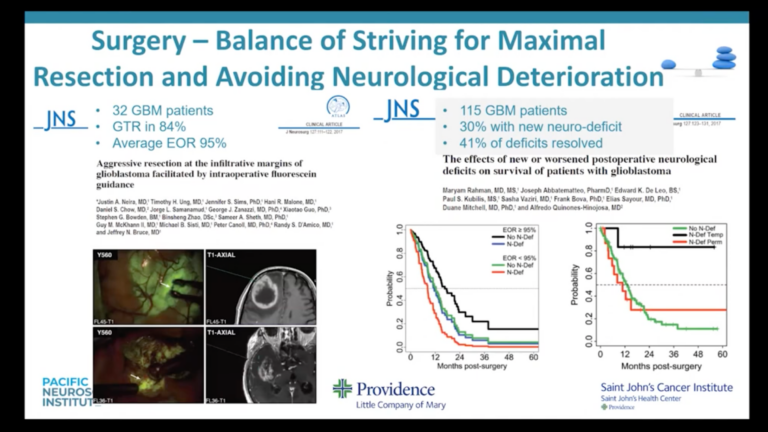
Brain Tumor Webinar: Updates in Brain Tumor Neurosurgery
About the Author
Brianna Rauchman
Brianna Rauchman, BA, is the Communications Coordinator for the Lifestyle Program, where she helps develop outreach strategies to connect with an expanding audience. Her responsibilities include providing launch support, developing content, assisting with collateral design, and planning social media strategies.
Last updated: June 11th, 2025